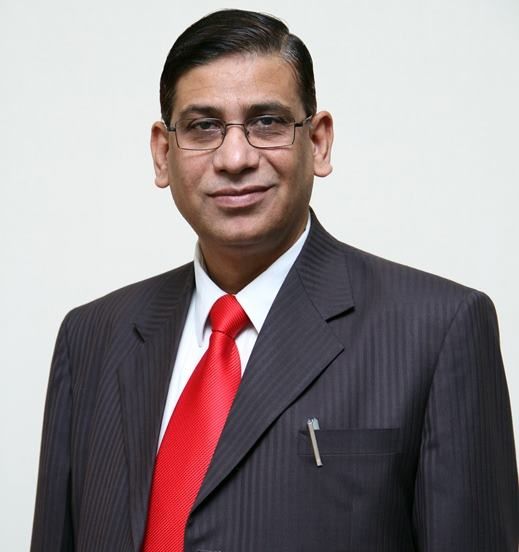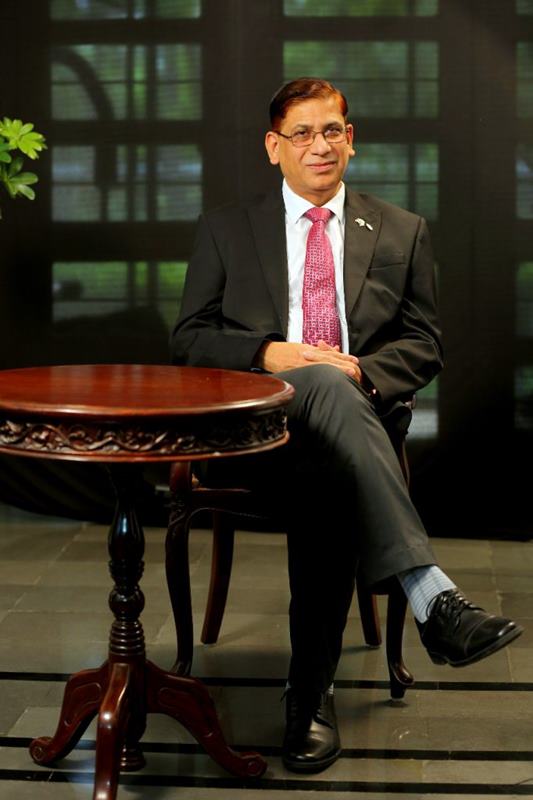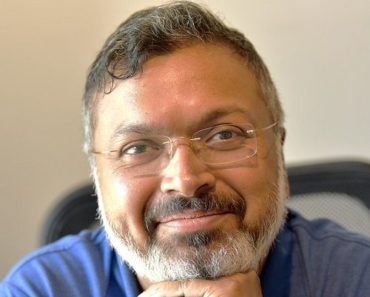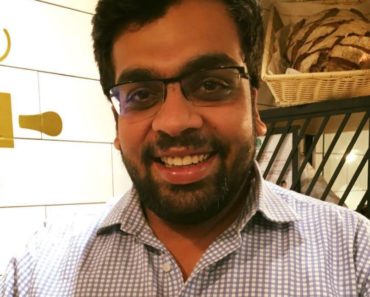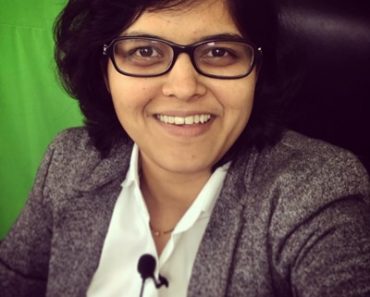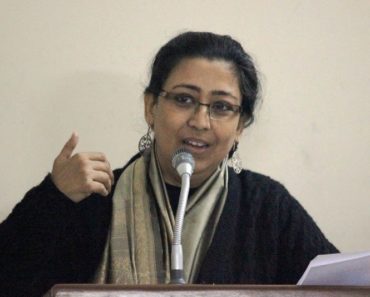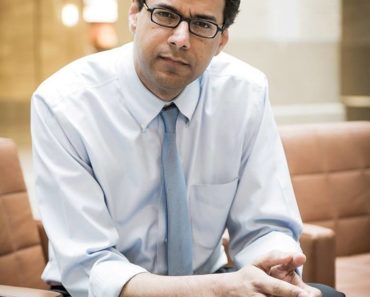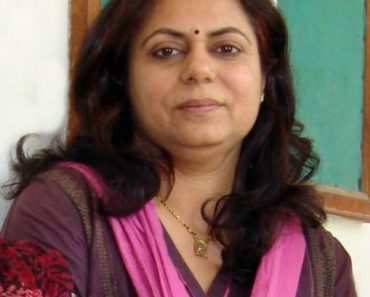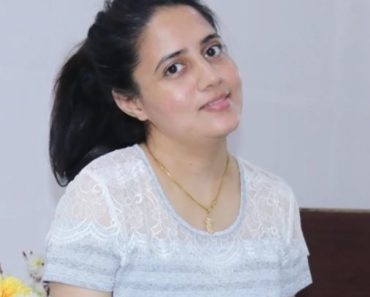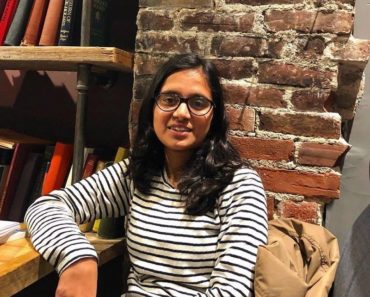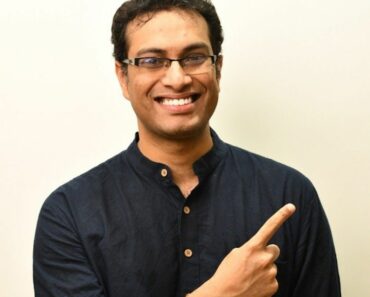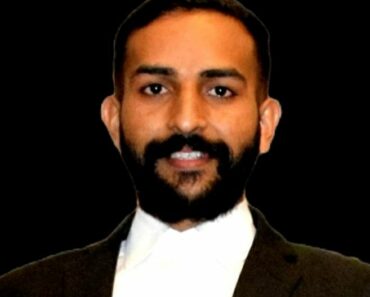Dr Faizan Mustafa is a senior constitutional law professor and the vice-chancellor of NALSAR University of Law, Hyderabad, which is one of India’s leading national law universities. In 2014, he received the SAARC’s Best Law Teacher Award.
Contents
Wiki/Biography
Faizan Mustafa was born in 1966 in Uttar Pradesh. He graduated with BA (hons) in history from Aligarh Muslim University in 1987. He developed an interest in history and debate, and therefore, he did a Bachelor’s of Legal Studies (LL.B) from Aligarh Muslim University in 1987. Following his law graduation, he completed LL.M. (gold medallist) in 1989 and then Ph.D. in intellectual property rights in 1995 from Aligarh Muslim University. He also holds a diploma in International and Comparative Human Rights from International Institute of Human Rights, Strasbourg, France.
Physical Appearance
Height (approx.): 5′ 10″
Hair Colour: Black
Eye Colour: Black
Family
Faizal is married to Dr Ira Khan. The couple together has two children.
Career
He served as the registrar at Aligarh Muslim University from 2005 to 2007 and also remained at the post of Dean of Law Faculty from 2006 to 2007, where he introduced several courses, including IPR Law, Human Rights Law and Tourism Laws. Thereafter, he went on to become the Founding Director of KIIT Law School, Bhubaneswar, Orissa. He was also the founding vice-chancellor of Odisha’s National Law University from 2009 to 2012. Since 2012, he is serving at the post of vice-chancellor of NALSAR University of Law, Hyderabad.
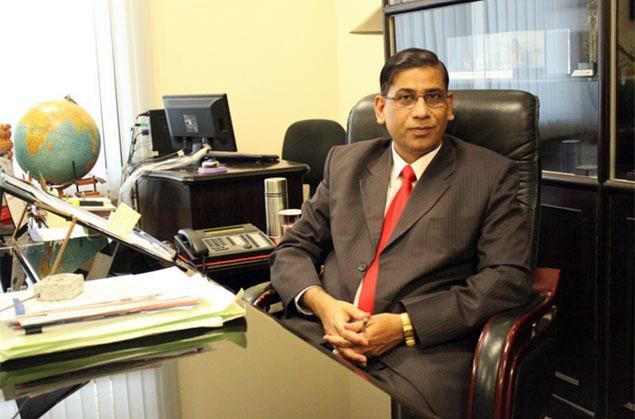
Publications
- Strict Liability in Criminal Law (1992)
- Copyright Law – A Comparative Study (1997)
- Right to Information -No Win Situation (1997)
- AIDS, Law and Human Rights (1998)
- Constitution & Article 356 (2001)
- Constitutional Issues in Freedom of Information – International & National Perspectives (2003)
- Conversion – Constitutional & Legal Implications (2003)
- Fundamental Rights in Ethiopia and India
- Trade Union Law (2015)
Apart from these, he has written hundreds of articles for a number of reputed national and international journals. Also, quite a few times, the apex court of India has quoted Dr Mustafa’s articles in its judgements on various cases, including the Sabarimala Temple and right to die. [1]nalsar.ac.in
Awards & Honors
- He was awarded Commonwealth British Scholarship in 1990.
- He earned Rene Cassin Gold Medal of International Institute of Human Rights in 1999
- He received Shah Waliullah International Award 2009 of Institute of Objective Studies for his research paper on Constitutionalism in Islamic Perspective.
- In 2013, Chief Justice of India nominated him as the member of the central authority of the National Legal Services Authority (NALSA).
- In 2014, he received SAARC’s Best Law Teacher Award.
- In 2016, he was nominated as a member of Academic Committee to the Bar Council of India.
- In 2017, he was nominated as a Member of the Governing Council (GC), Association of Indian Universities (AIU).
Facts/Trivia
- He was the president and vice-president of the distinguished Shastri Indo-Canadian Institute (SICI), an NGO formed in Canada in 1968 which is working towards building bi-national links between academia, government, the business community and civil society organisations by promoting research and hosting seminars.
- He was part of the consultation team which contributed to the drafting of the Eritrean Constitution and Asian Human Rights Charter of Asian Human Rights Commission, Hong Kong.
- He has served as the president of Consortium of National Law Universities.
- Faizal Mustafa is a member of several governing bodies, academic boards, and executive boards of various prominent law universities of India.
- He runs a YouTube channel, “Faizan Mustafa’s Legal Awareness Web series: LAW’s,” aimed at building legal awareness among people about the prevailing legal issues in India.
- Faizan Mustafa is often called for his legal opinions by various reputed Indian TV News channels; however, he is mostly seen on NDTV India.
- His three fundamental tips for students to thrive academically are:- Develop interest in the subject you are doing, read useful textbooks and articles from newspapers, and finally, never miss classes.
References
| ↑1 | nalsar.ac.in |
|---|

